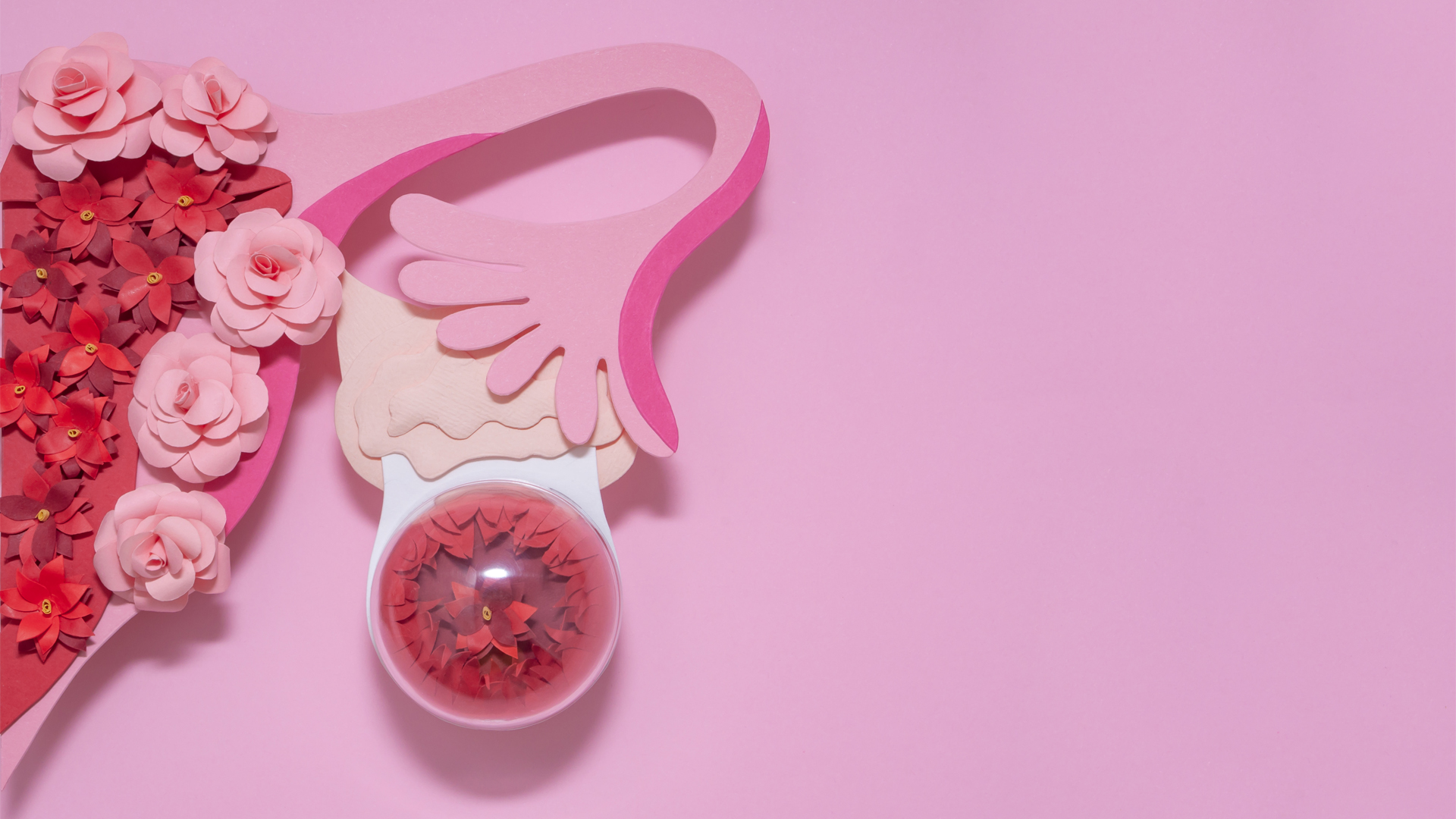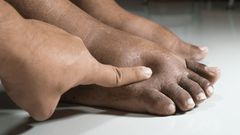For more than a decade, Lizé Coetzer, a young woman from Cape Town, lived with unexplained symptoms, brushing them aside and convincing herself they were just part of life. Now 29 years old, she’s sharing her journey with what she later discovered to be severe endometriosis—a condition that millions of women across Africa and around the world endure, often in silence. Her experience offers insight not just for women in South Africa, but for many Nigerians, Ghanaians, and West Africans who may face something similar, without knowing where to turn for help.
Understanding Endometriosis: A Hidden Health Crisis
Endometriosis is a condition in which tissue similar to the lining of the uterus grows in places where it doesn’t belong—often outside the uterus itself. According to the World Health Organization (WHO), this disease can lead to intense pelvic pain and may result in fertility challenges. In fact, as reported by the American Society of Reproductive Medicine, as many as 30% of women suffering from endometriosis experience difficulties getting pregnant.
Lizé puts it this way: “Endometriosis isn’t just about period pain—it’s a whole-body illness. The tissue can show up just about anywhere, but most often it affects the pelvic area.”
When Does Endometriosis Begin?
Endometriosis often starts with a girl’s very first period and can persist through the reproductive years, sometimes lasting until menopause. The impact is enormous: according to the WHO, globally about 10%—that’s 190 million—of women and girls of reproductive age experience endometriosis. In Nigeria and West Africa, precise figures are underreported, but local gynecologists believe the rates could be just as high, especially since many cases go undiagnosed due to lack of awareness or access to expert healthcare.
Common Endometriosis Symptoms: What Should Nigerians Watch Out For?
- Painful, heavy, or irregular periods
- Severe pelvic cramps outside regular menstruation
- Digestive issues or bladder discomfort (like constipation or frequent urination)
- Pain during or after sexual intercourse
- Chronic lower back pain
- Challenges with fertility or delayed conception
In Nigeria and other West African societies, many women are taught to view period pain as “normal,” making it easy for endometriosis to fly under the radar. Health experts like Dr. Halima Bello, a Lagos-based OBGYN, stress that persistent menstrual pain should never be dismissed as routine. “Too often, young women suffer in silence due to cultural attitudes or fear of stigmatization. Early recognition can be crucial,” she says.
Lizé’s Story: Years of Unanswered Questions
“For more than 10 years, I thought constant pain and fatigue were just ‘my normal’. Only after a long search did I learn these were actually signs of severe endometriosis,” Lizé recalls. She describes the condition as “chronic, widespread, and widely misunderstood,” echoing the experience of many women across Africa who struggle to get answers or effective care.
“Together, we can push for better understanding, better treatments and ultimately, better lives for everyone affected by endometriosis.”
Living with Endometriosis: Strategies and Daily Challenges
“Dealing with endometriosis is a daily battle,” Lizé shares. “The pain and exhaustion can turn simple tasks into real challenges, and too often, people don’t take you seriously. The emotional toll is just as real as the physical symptoms.”
For many Nigerian women, the story is similar: juggling work, family, and social commitments while coping with symptoms that are often overlooked or minimized by those around them. According to Abuja-based support group Adure Foundation, access to culturally sensitive information and support can make a massive difference.
Managing Symptoms: Practical Tips and Locally Relevant Advice
Managing endometriosis can require a combination of pain relief methods and lifestyle adjustments. Lizé describes how she gets by: “I use a massage gun, warm compresses, and take long baths to ease the pain. I’ve also updated my closet to account for the bloating that comes with inflammation—opting for loose-fitting clothes and what I call ‘bloat-friendly’ trousers.”
Theragun Relief
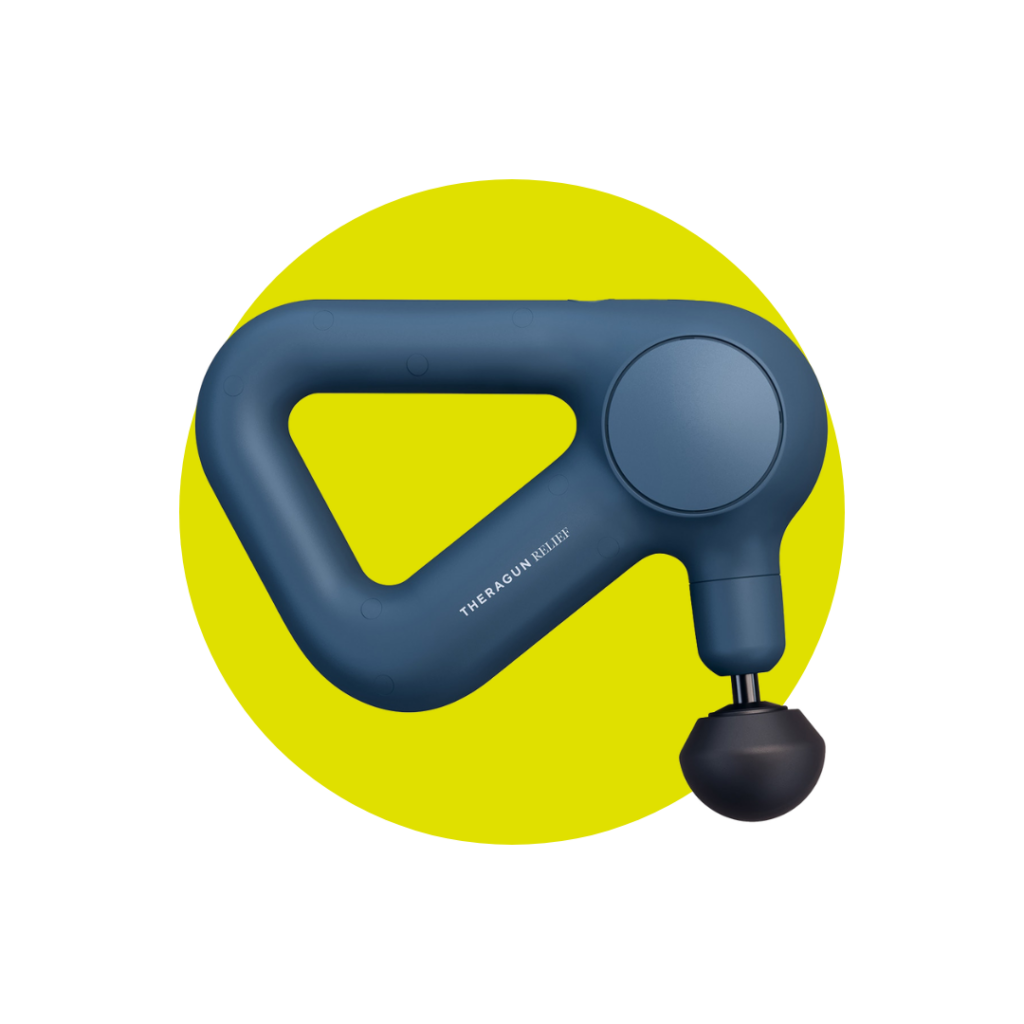
This lightweight device utilizes proven percussive massage to offer quick, effective relief from daily aches, tension, and muscular stiffness. While these products may not be widely available across Nigeria, similar approaches—like using massagers or a simple hot water bottle—can provide comfort for those experiencing chronic pain.
Therabody RecoveryTherm Cube
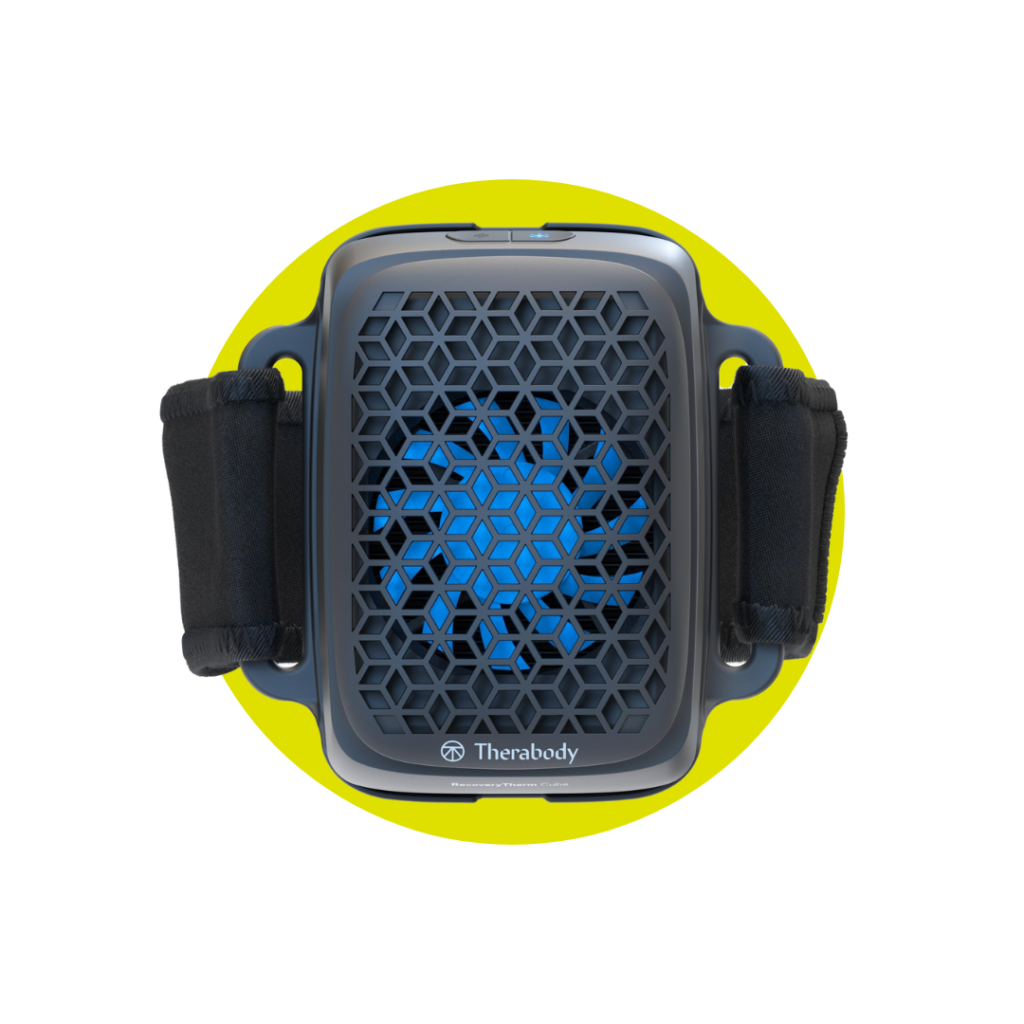
Instead of old-school hot water bottles or improvised ice packs, this portable device provides instant cold, heat, or alternating therapies to soothe sore muscles and manage painful flare-ups. In local communities where resources may be limited, practical substitutes remain essential—think of reusable heating pads or chilled cloths.
Beurer Period Pain Relief
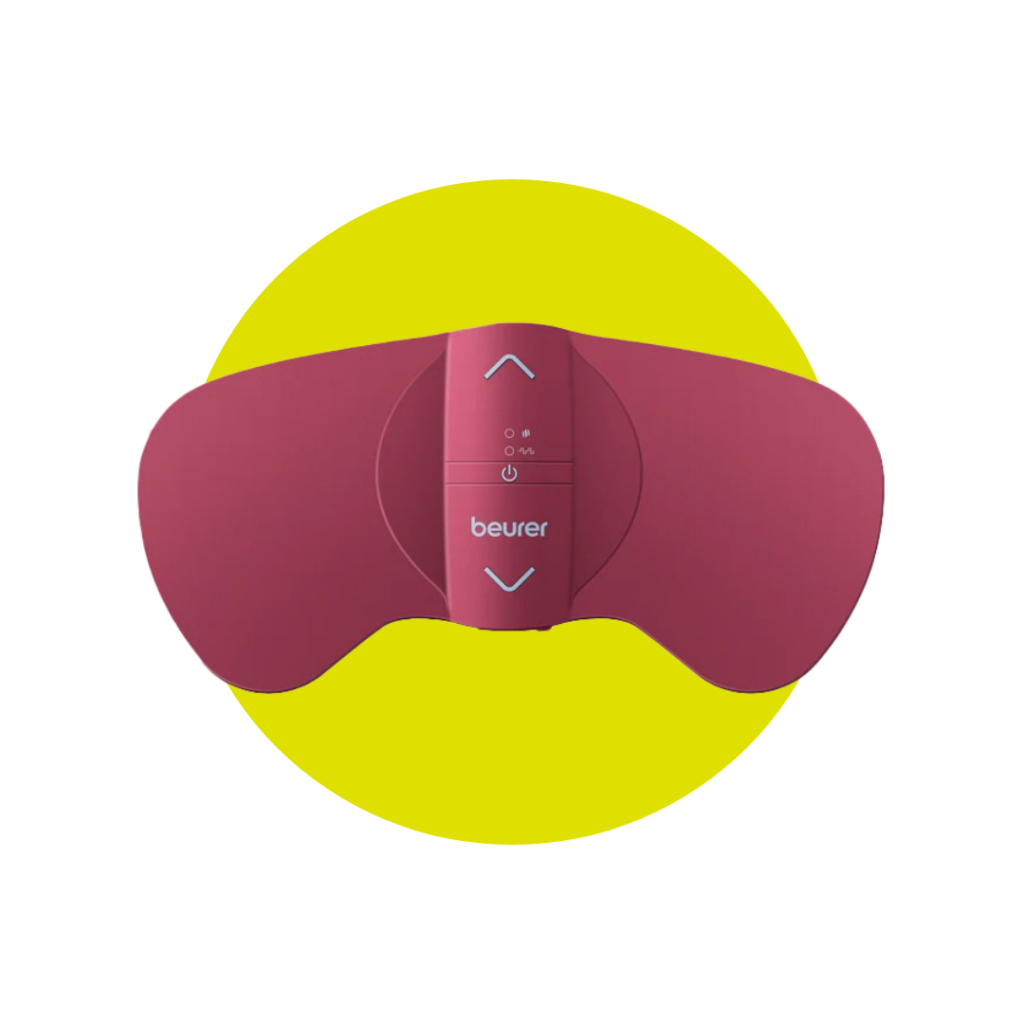
Designed to give natural relief from menstrual and endometriosis pain, this compact device combines electrical nerve stimulation (TENS) with heat therapy. In Nigeria, where these gadgets may be hard to find or expensive, community health workers often recommend gentle exercise, warm baths, and traditional herbal remedies – though evidence of effectiveness varies and medical advice should always be sought first.
Barriers to Endometriosis Care: Lessons for Nigeria and Africa
Lizé reflects on her struggles accessing proper care: “I wish more specialists were trained in dealing with endometriosis. In my experience, many gynecologists don’t know much about the illness, and only a handful can diagnose and treat it correctly. Their services are limited and often unaffordable for many people.”
A similar reality exists in Nigeria and across West Africa. Public hospitals may lack specialists, and consultation fees can be a barrier for many. According to Dr. Chijioke Onuoha, a consultant at the University College Hospital, Ibadan, “Women’s health—especially issues like endometriosis—is consistently underfunded and misunderstood in our region. Improving knowledge among both health workers and the public is urgently needed.”
Improving Endometriosis Awareness and Support in West Africa
“We must start treating women’s health as a national priority,” says Lizé. She points out that endometriosis causes an estimated 30% of infertility cases among women, yet it garners little funding or research. “There’s an urgent need for more government investment, better training for health workers, and increased research into less invasive diagnostics and treatments.”
Community engagement is also key. “Discussing our symptoms helps break down stigma. If you notice similar problems, don’t hesitate. Reach out to a doctor, join a support group, and know you’re not alone.”
She urges those facing related symptoms in Nigeria and beyond: “Don’t suffer in silence. Advocate for yourself, and let’s keep fighting for increased understanding and support. Together, we can drive improvement—for ourselves and for generations of women to come.”
Endometriosis may be under-recognized, but collective action—starting with more open conversations and persistent advocacy—can change this reality for women across West Africa and the world.
Have a story you want to share or sell? We’d love to hear from you! Email us at story@nowahalazone.com to get your story featured or to discuss story sales.
For health tips, opinion pieces, or expert commentary, contact our support team at support@nowahalazone.com.
Don’t forget to follow us on Facebook, X (Twitter), and Instagram for the latest updates on health and wellness in Africa!

